FORT LAUDERDALE, Fla. (AP) — The deadly strike on a boat U.S. officials say was carrying drugs from Venezuela may have marked a stunning shift in the countries’ relations, but escalating pressure on the South American nation has defined much of Secretary of State Marco Rubio's quarter-century in politics.
President Donald Trump’s top diplomat, a former Florida senator, has depicted Venezuela as a vestige of the communist ideology in the Western Hemisphere. Rubio has consistently pushed for the ouster of its leader, Nicolás Maduro, advocated for economic sanctions and even argued for American military intervention.
“I think that U.S. armed forces should only be used in cases of national security threats,” he said in a 2018 interview with Univision. “I think there is a strong argument that can be made right now that Venezuela and Maduro’s regime have become a threat to the region and to the U.S.”
Before joining the administration, Rubio had represented a more interventionist wing of the Republican Party that at times seemed at odds with Donald Trump's “America First” ethos. While Trump has promised no more foreign wars, Rubio and other administration officials have warned of more operations against drug traffickers in Latin America, escalating pressure on an adversary Rubio has long sought to confront.
"The president has said he wants to wage war on these groups because they’ve been waging war on us for 30 years and no one has responded,” Rubio told reporters Thursday.
Rubio's track record on Venezuela
Before being tapped as secretary of state and national security adviser, the Florida senator had already exerted influence over U.S. policy toward Latin America during Trump’s first term.
For Rubio, his interest in targeting leftist Latin American leaders has been personal. His parents are Cuban immigrants who arrived in Miami in 1956, a few years before Fidel Castro’s 1959 communist revolution. He grew up in Miami, where many Cubans sought refuge after Castro's rise to power.
His consistent criticism of communism has helped win him support from thousands of members of the Venezuelan diaspora who made Florida their new home to escape crime, economic deprivation and unrest under Maduro and his predecessor, the late Hugo Chávez, who took power in 1999 and began his self-described socialist revolution.
While the U.S. has tried to move past its Cold War-era legacy of interfering and destabilizing governments in Latin America, Rubio frequently advocated for more action, going against Chávez and then Maduro. He tied the struggle of the opposition movement there to that of Cuban exiles.
Now, “he sees an opportunity to move forward a much more aggressive U.S. policy toward Latin America,” said Geoff Ramsey, a senior analyst on Venezuela at the Atlantic Council in Washington.
Rubio shared some of the first details about the strike Tuesday despite it being a military operation, posting on social media as Trump briefly announced it in the Oval Office. The White House says 11 people were killed.
A day later, he said “it’ll happen again” and said Trump had authority “under exigent circumstances to eliminate imminent threats to the United States.”
“What will stop them is when you blow them up, when you get rid of them,” Rubio said Wednesday while visiting Mexico.
The Defense Department said late Thursday that two Venezuelan military aircraft flew near a U.S. Navy vessel, calling it “a highly provocative move” and warning Maduro's government against further actions.
The reaction within Trump’s Make America Great Again base to the U.S. strike has been fairly muted, even supportive of it as a drug trafficking effort, unlike the divide that emerged over U.S. intervention in the Israel-Iran conflict.
Rubio went from Trump rival to adviser
After Trump bested Rubio in the 2016 GOP primary and later took office in 2017, Rubio became a shadow adviser and was the main driver of sanctions against top-level Venezuelan officials for human rights abuses and ties to drug trafficking.
In the Senate, many of Rubio’s televised floor speeches and official statements focused on Venezuela. In 2019, he said there was a “compelling argument” that the situation in Venezuela presented a national security threat to the United States, citing the presence of Russian President Vladimir Putin's military.
“The enormous majority of Americans do not want Vladimir’s military anywhere in our hemisphere, and that’s precisely what will happen if Maduro remains in power," he said. “That alone is a national security threat to the United States.”
Many believed Rubio was among the voices that urged Trump to back an opposition leader to unseat Maduro.
In 2019, as Venezuelan forces were quelling unrest and an opposition leader urged other countries to intervene, Rubio posted a series of tweets showing before-and-after images of toppled leaders such as Libya’s Moammar Gadhafi, who was killed by opposition fighters in 2011, and Panama’s Manuel Noriega, who was ousted in a U.S. invasion in 1989.
“History is full of examples of tyrants who believe they are invulnerable & then face sudden collapse,” he tweeted afterward.
The U.S. is among several countries that do not recognize Maduro as Venezuela’s president, with credible evidence that he lost last year’s election.
The bounty on Maduro's head also has surged. After he was indicted in Manhattan federal court in 2020 on charges of narcoterrorism and conspiracy to import cocaine, the U.S. offered a $15 million reward for his arrest. The Biden administration later raised it to $25 million — the same amount offered for the capture of Osama bin Laden.
The Trump administration has doubled that reward to $50 million.
“Maduro is NOT the President of Venezuela and his regime is NOT the legitimate government,” Rubio posted on X shortly before that Aug. 7 announcement.
How Maduro sees Rubio
Maduro has described Rubio as the direct architect of the U.S. buildup of warships in the region before this week's strike.
“Mr. President Donald Trump, you have to be careful because Marco Rubio wants your hands stained with blood, with South American blood, Caribbean blood, Venezuelan blood,” Maduro told reporters this week.
The Venezuelan leader said his government maintains two lines of communication with the Trump administration, one with the State Department and another with Trump’s envoy for special missions, Richard Grenell.
Grenell's side appears to take a more conciliatory approach, seen when the U.S. allowed oil producer Chevron to resume drilling in Venezuela and in the coordination of prisoner exchanges and deportation flights with Maduro’s government.
“I think the administration is internally divided about Venezuela,” said Elliott Abrams, who served as special representative for Venezuela under Trump’s first term and said Grenell is advocating for a softer stance. “I think Rubio is pushing for a hard line against Maduro, and he wins some, and he loses some.”
___
Amiri reported from the United Nations, and Garcia Cano from Mexico City.

 German (DE)
German (DE)  English (US)
English (US)  Spanish (ES)
Spanish (ES)  French (FR)
French (FR)  Hindi (IN)
Hindi (IN)  Italian (IT)
Italian (IT)  Russian (RU)
Russian (RU) 

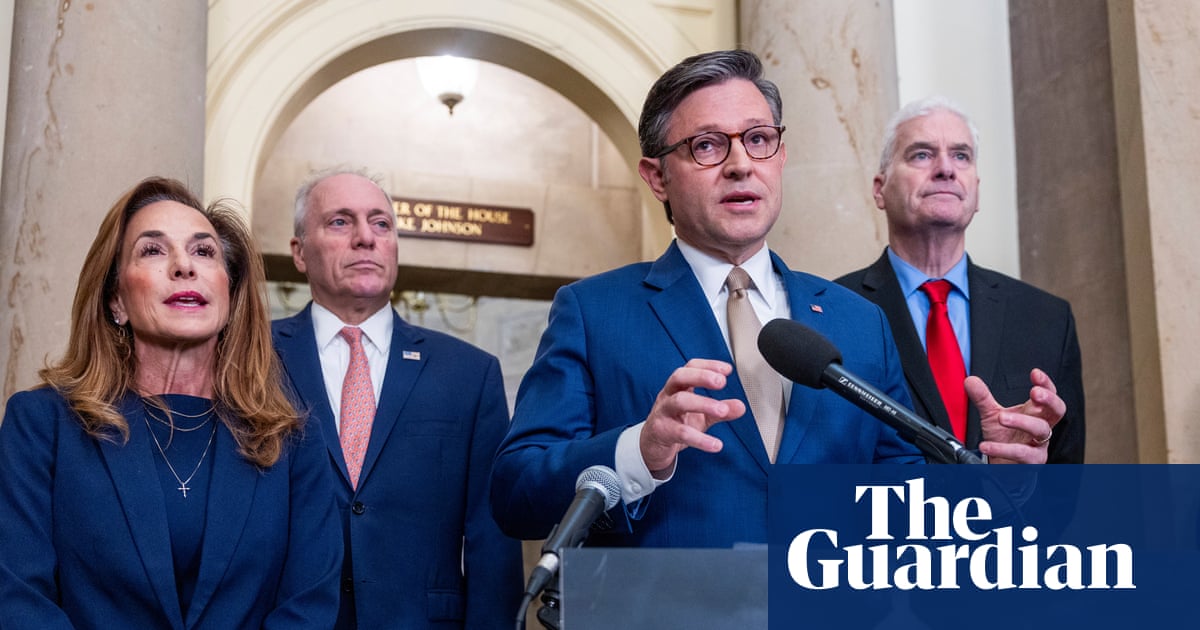









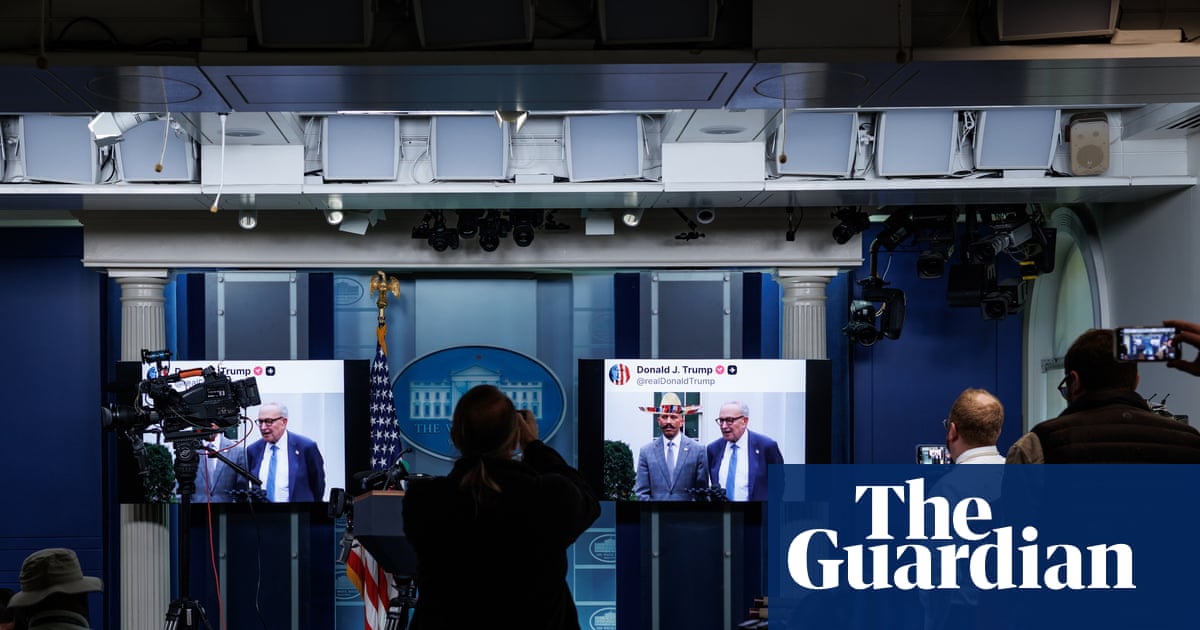
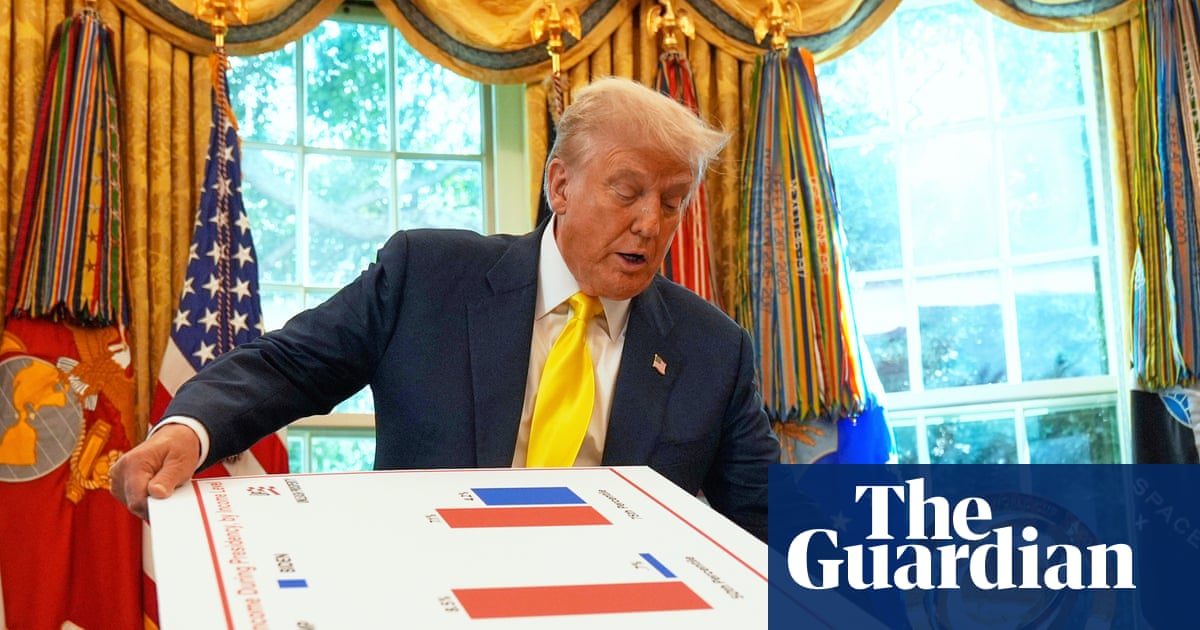


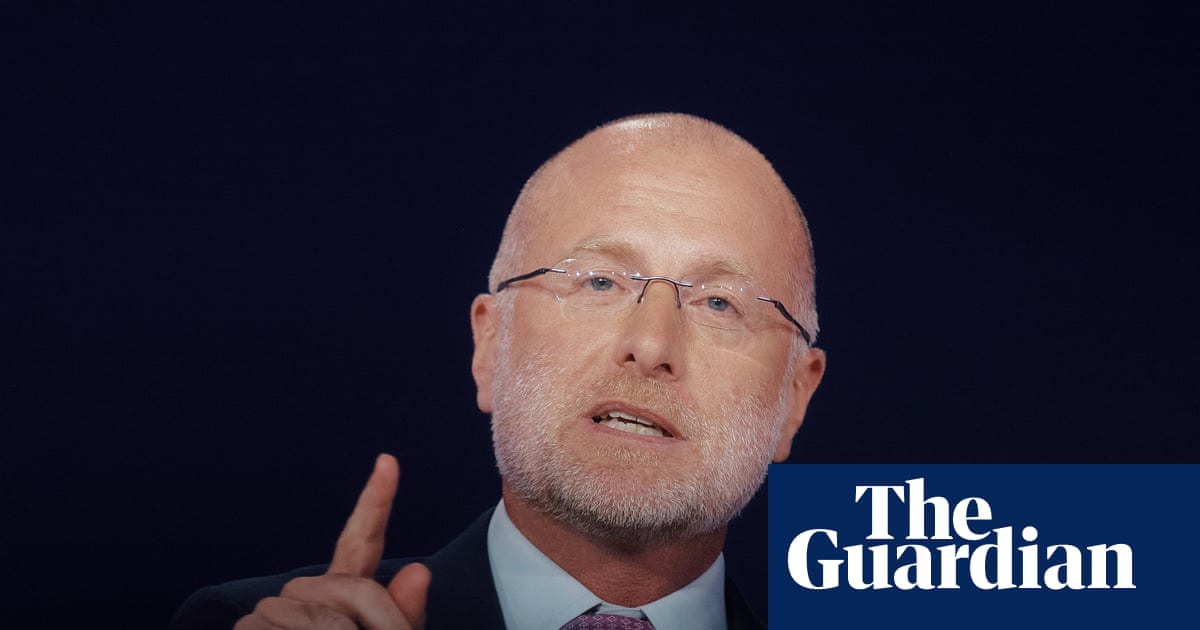
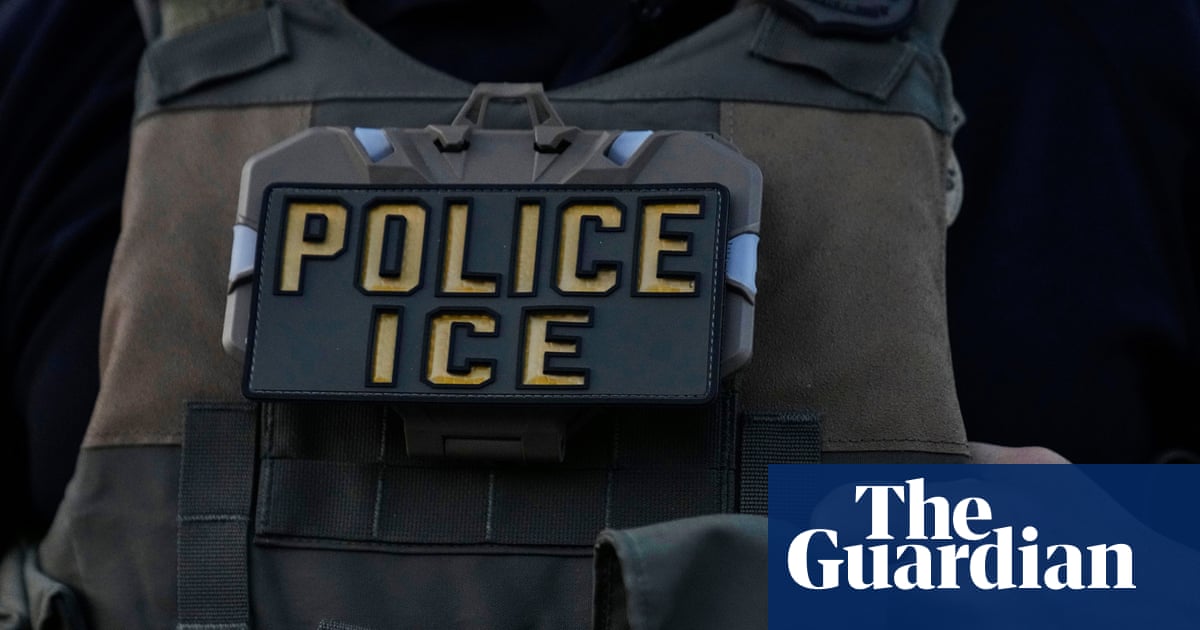
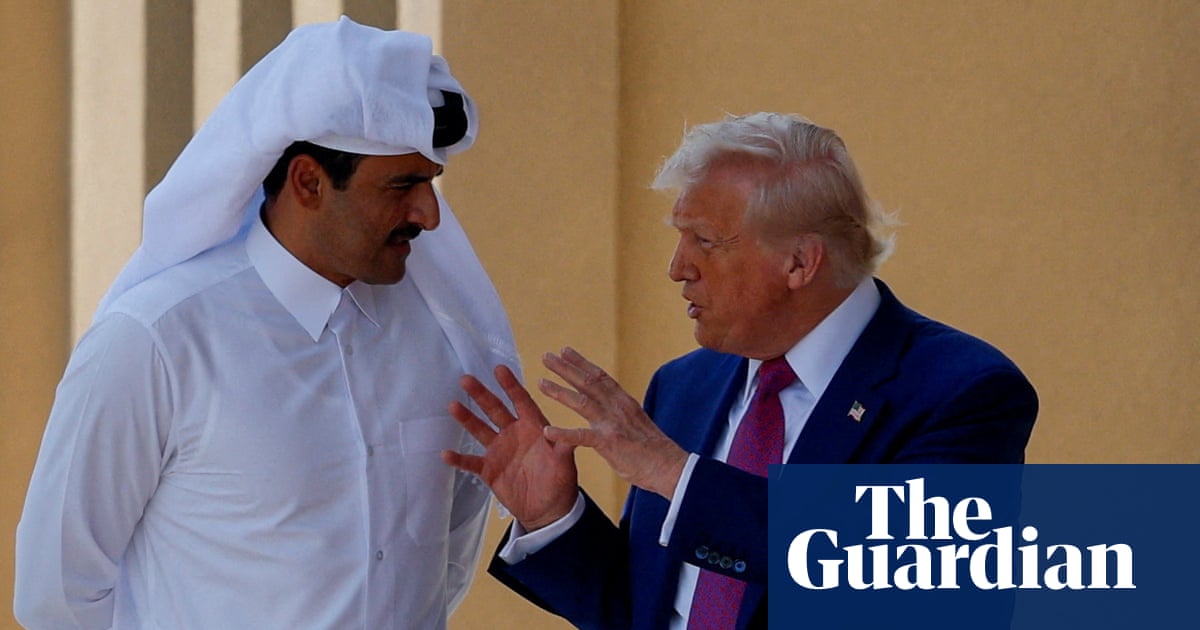





Comments